Kinhtedothi - The Law on Prevention and Combat of Human Trafficking (amended) has just been passed by the National Assembly with regulations on prevention, detection and handling of human trafficking; support and protection of victims, people in the process of being identified as victims...
On the morning of November 28, the National Assembly voted to pass the Law on Prevention and Combat of Human Trafficking (amended) with the majority of delegates voting in favor.
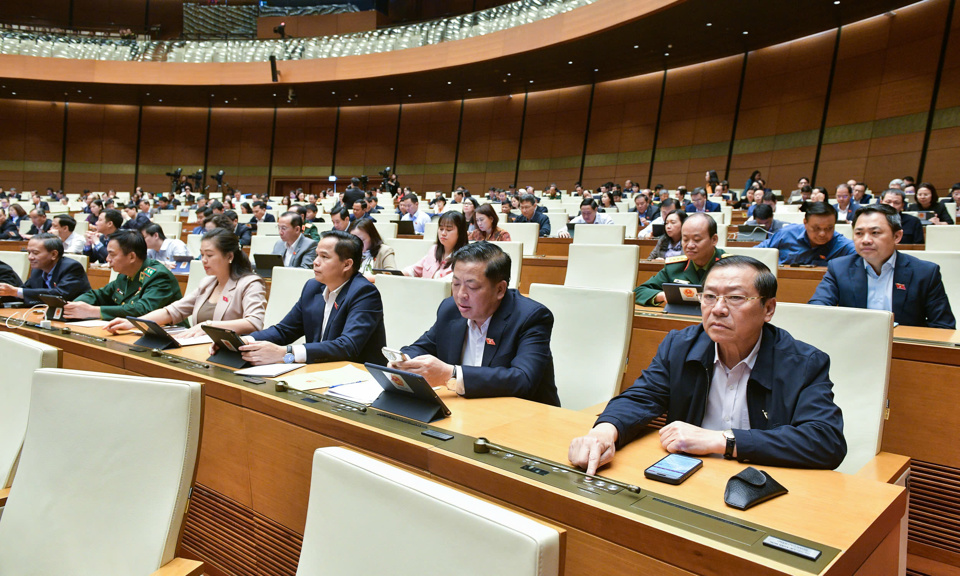
The Law on Prevention and Combat of Human Trafficking (amended) consists of 8 chapters and 63 articles, regulating the prevention, detection and handling of human trafficking and violations of the law on prevention and combat of human trafficking; receiving, verifying, identifying, supporting and protecting victims and people in the process of being identified as victims; State management and responsibilities of agencies, organizations, families and individuals in the prevention and combat of human trafficking; and international cooperation in the prevention and combat of human trafficking.
The Law stipulates prohibited acts; principles of preventing and combating human trafficking; State policies on preventing and combating human trafficking; rights and obligations of victims and persons in the process of being identified as victims.
At the same time, the Law also stipulates the rights and responsibilities of individuals participating in preventing human trafficking; the responsibilities of families, vocational training institutions, organizations, enterprises, business and service establishments, and socio-political organizations in preventing human trafficking.
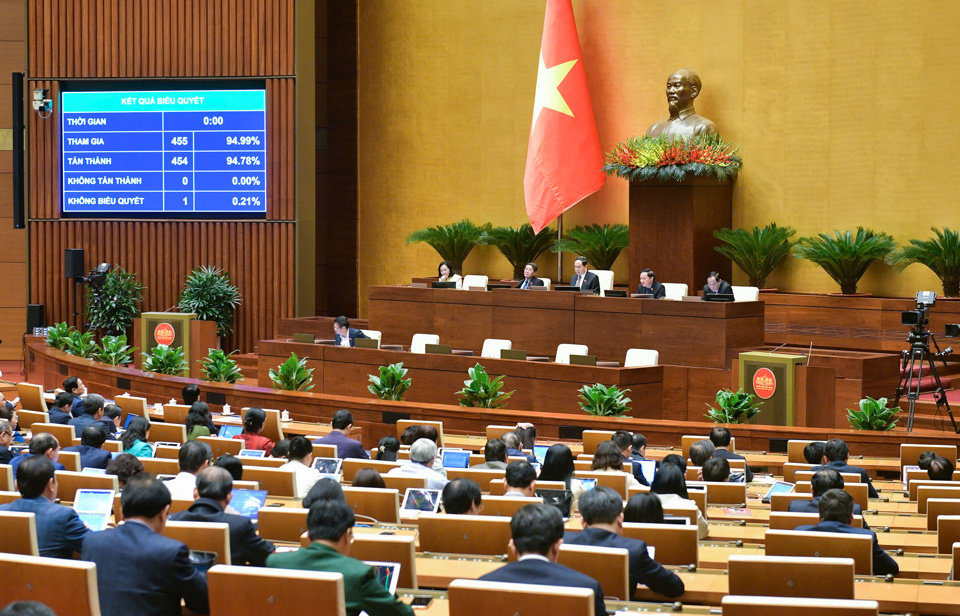
The Law stipulates the reception and verification of people reporting as follows: Any person who has grounds to believe that he/she is a victim or a legal representative who has grounds to believe that the person they represent is a victim shall go to the People's Committee at the commune level, the Police, the Border Guard, the Coast Guard or the nearest agency or organization to report being trafficked.
The Public Security, Border Guard, Coast Guard, agencies and organizations receiving the report shall be responsible for immediately taking the person to the People's Committee of the commune where the agency or organization is headquartered; the People's Committee of the commune shall be responsible for immediately notifying the specialized agency for Labor - War Invalids and Social Affairs at the district level. In case of necessity, the People's Committee of the commune which received the report shall provide support in accordance with the provisions of Chapter V of this Law.
Upon receiving the notice from the People's Committee at the commune level, the specialized agency for Labor - Invalids and Social Affairs at the district level shall immediately receive and provide support and, within 3 days at the latest, shall preside over and coordinate with the Police of the district, county, town, city under the province, city under the city under the central government (collectively referred to as the District Police) to verify the initial information.
After verifying the initial information, if there are no papers or documents specified in Clause 1, Article 33 of this Law, the specialized agency of Labor - Invalids and Social Affairs at the district level shall request the district-level Police to verify the victim.
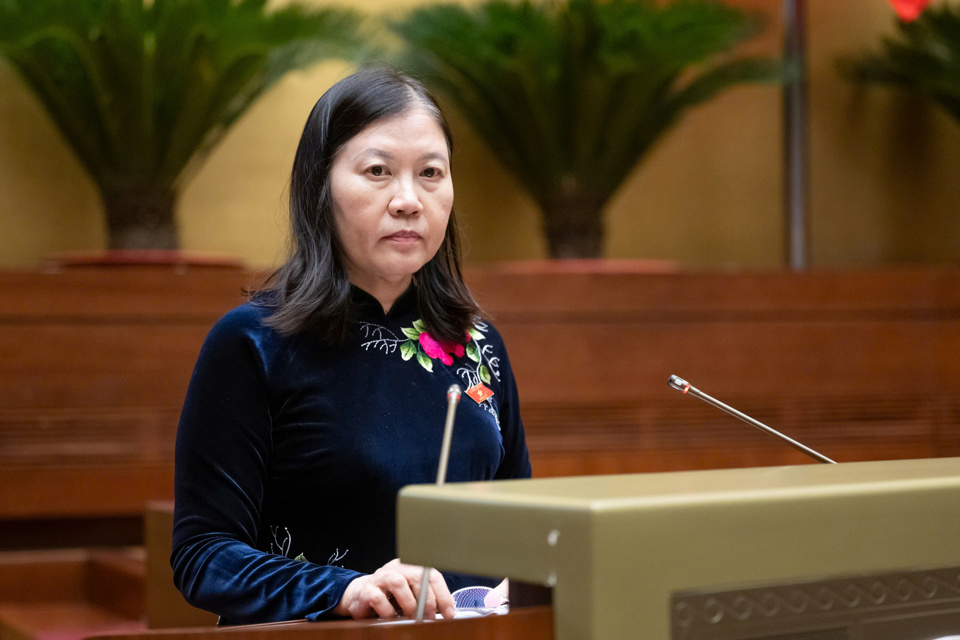
Regarding the subjects and support regimes, the Law stipulates that victims who are Vietnamese citizens and stateless persons permanently residing in Vietnam are entitled to the following support regimes: support for essential needs; medical support; translation support; legal support; legal aid; travel expense support; psychological support; cultural study support; vocational training support, counseling, creating conditions for employment; initial hardship allowance, and loan support.
The Law stipulates that the responsibility for State management of preventing and combating human trafficking belongs to the Ministry of Public Security, the Ministry of National Defense, the Ministry of Labor, War Invalids and Social Affairs, the Ministry of Health, the Ministry of Foreign Affairs, the Ministry of Justice and People's Committees at all levels.
This Law comes into force from July 1, 2025.
Before passing, Chairwoman of the National Assembly's Judicial Committee Le Thi Nga presented a report explaining, accepting and revising the Draft Law on Prevention and Combat of Human Trafficking (amended). Accordingly, regarding the principles of prevention and combat of human trafficking, there were opinions suggesting adding specific provisions on specialized support regimes to meet the gender needs, rights and legitimate interests of victims in each case, whether male, female, homosexual, bisexual, or transgender; ensuring the integration of gender equality issues in the draft Law.
The National Assembly Standing Committee found that the principles of preventing and combating human trafficking should only stipulate general principles on ensuring gender equality and the enjoyment of support regimes appropriate to age and gender. Specific policies to meet gender needs have been stipulated in other laws. In addition, the remaining provisions of the Draft Law are gender neutral and do not discriminate against gender.
Source: https://kinhtedothi.vn/quoc-hoi-thong-qua-nhieu-bien-phap-phong-chong-mua-ban-nguoi.html


![[Photo] Special flag-raising ceremony to celebrate the 135th birthday of President Ho Chi Minh](https://vphoto.vietnam.vn/thumb/1200x675/vietnam/resource/IMAGE/2025/5/19/1c5ec80249cc4ef3a5226e366e7e58f1)

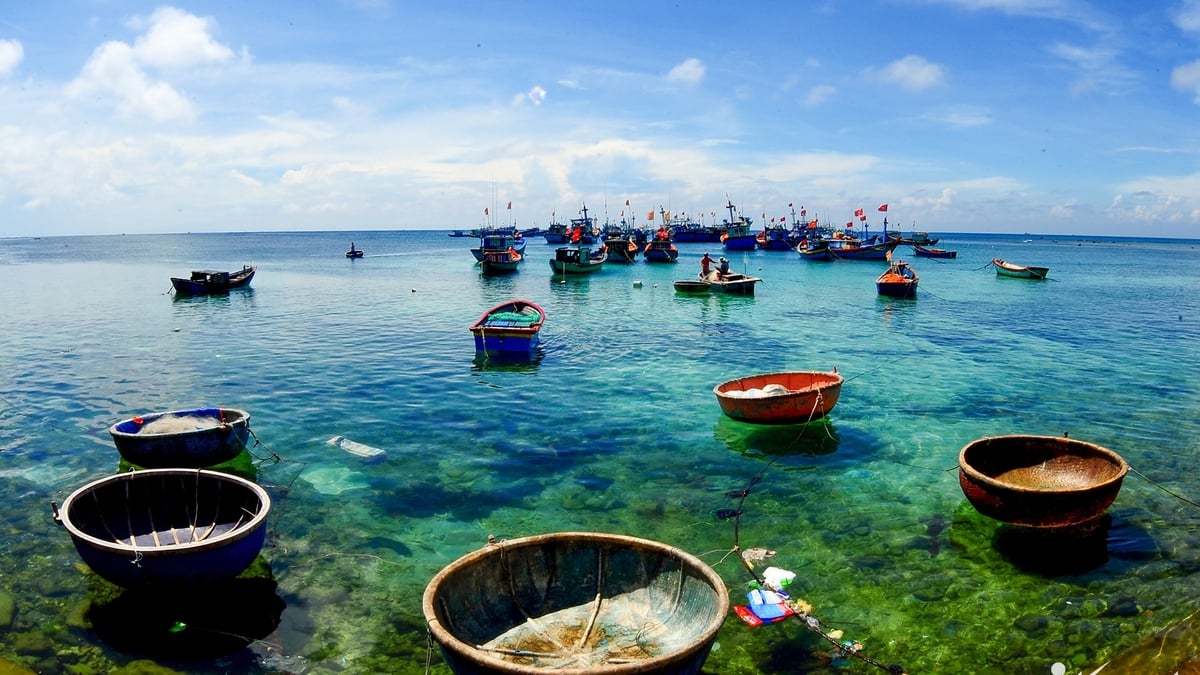
![[Photo] Party and State leaders attend the special art program "You are Ho Chi Minh"](https://vphoto.vietnam.vn/thumb/1200x675/vietnam/resource/IMAGE/2025/5/18/6895913f94fd4c51aa4564ab14c3f250)

![[Photo] Party and State leaders visit President Ho Chi Minh's Mausoleum](https://vphoto.vietnam.vn/thumb/1200x675/vietnam/resource/IMAGE/2025/5/19/d7e02f242af84752902b22a7208674ac)
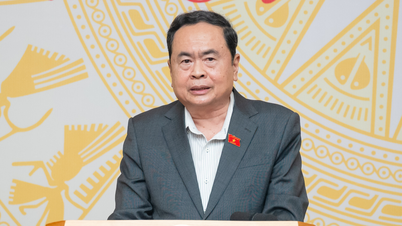
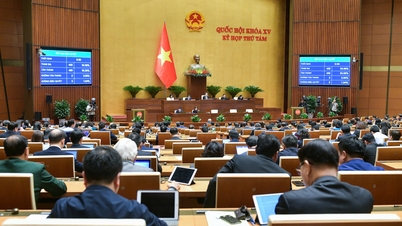
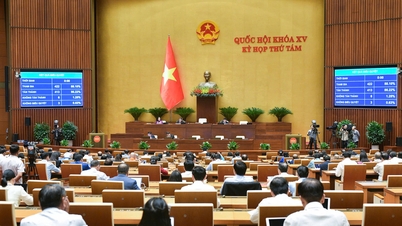



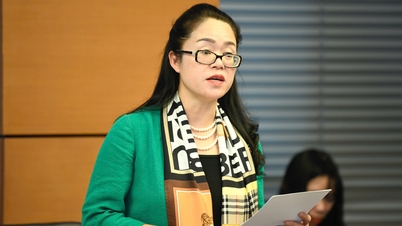
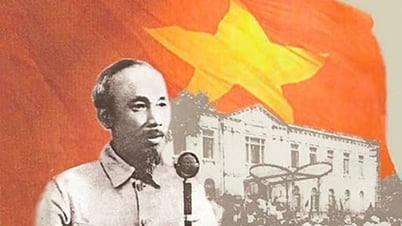

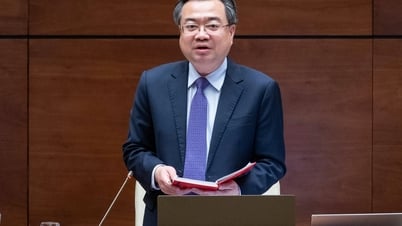

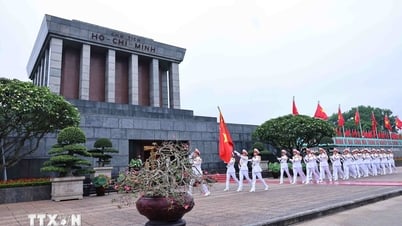

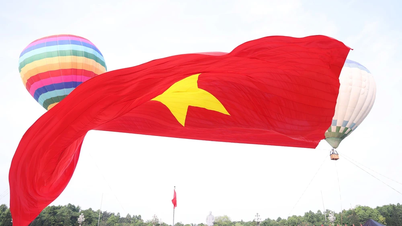

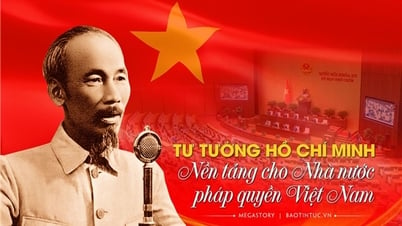
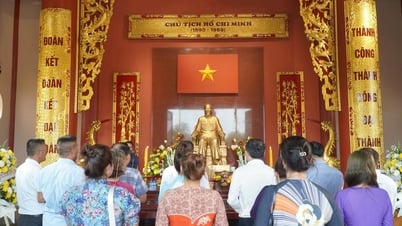









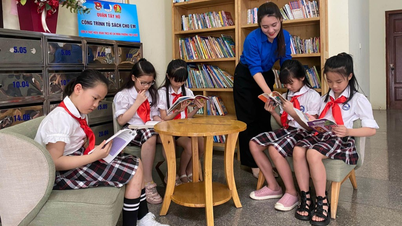

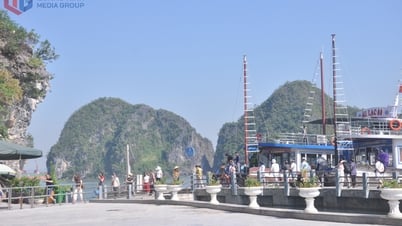















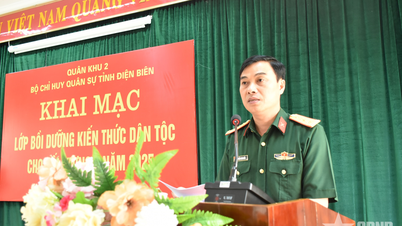





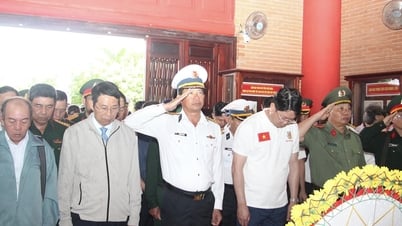


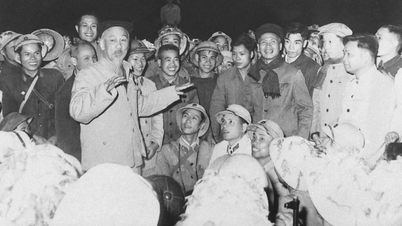

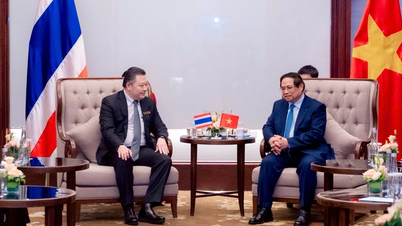



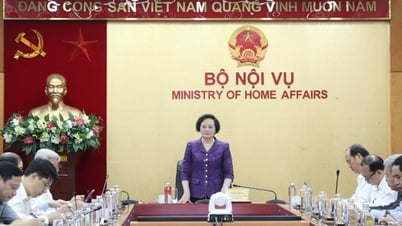

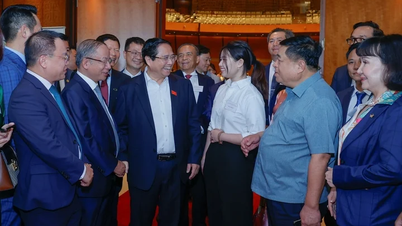







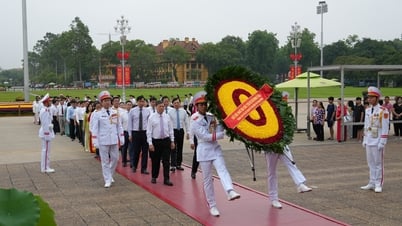

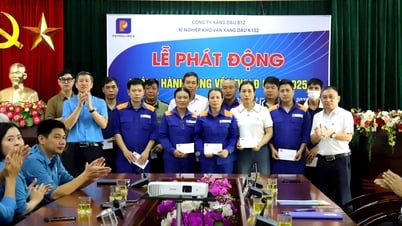

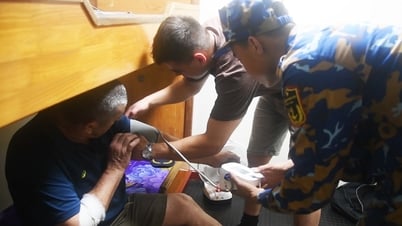





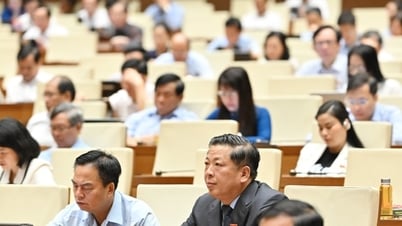











Comment (0)